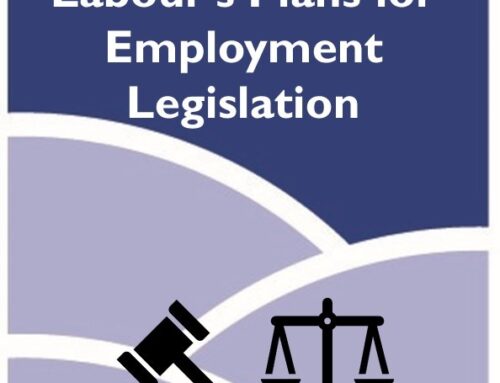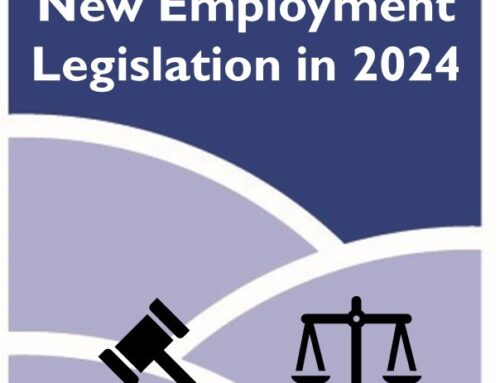The Supreme Court’s landmark ruling overturns an earlier Appeal Court verdict relating to a clause in a restrictive covenant.
The case in question relates to a dispute between a former Mary-Caroline Tillman and her former employer (a recruitment company) Egon Zehnder. Ms Tillman had a clause in her contract that prevented her from being “concerned or interested in” a competitor for 6 months after she left.
Having been employed since 2004, Ms Tillman announced she was leaving (to join a direct competitor) in 2017. She argued that her non-compete clause was an unreasonable restraint of trade and was therefore void. Egon Zehnder was granted an injunction preventing Ms Tillman from starting her new role.
The Court of Appeal overturned the injunction, ruling that the words “interested in” made the clause an unreasonable restraint and refused to remove the words because that would change the meaning of the clause.
What makes the Supreme Court verdict such a landmark is because it ruled that those words could be removed without the need to add or modify other wording and without changing the overall effect of the restraint.
Hither to, the removal of words or phrases by the courts made the entire clause un-enforceable. This ruling means that where removal doesn’t change the overall effect, the restraint will still be enforceable. Therefore, employers will have more leeway to correct poor drafting and still enforce restrictions.
While the ruling generally favours employers, the firm Egon Zehnder had to go all the way to the Supreme Court (over a period well in excess of the 6 month restraint) to win its case. We advocate the drafting of reasonable, fair and enforceable restrain clauses because spending a few hundred pounds to get it right may save thousands if a dispute arises.
If you are interested in hearing about how we can help support you with your people processes, documentation and training, please contact one of our team on Tel: 01484 851776.



